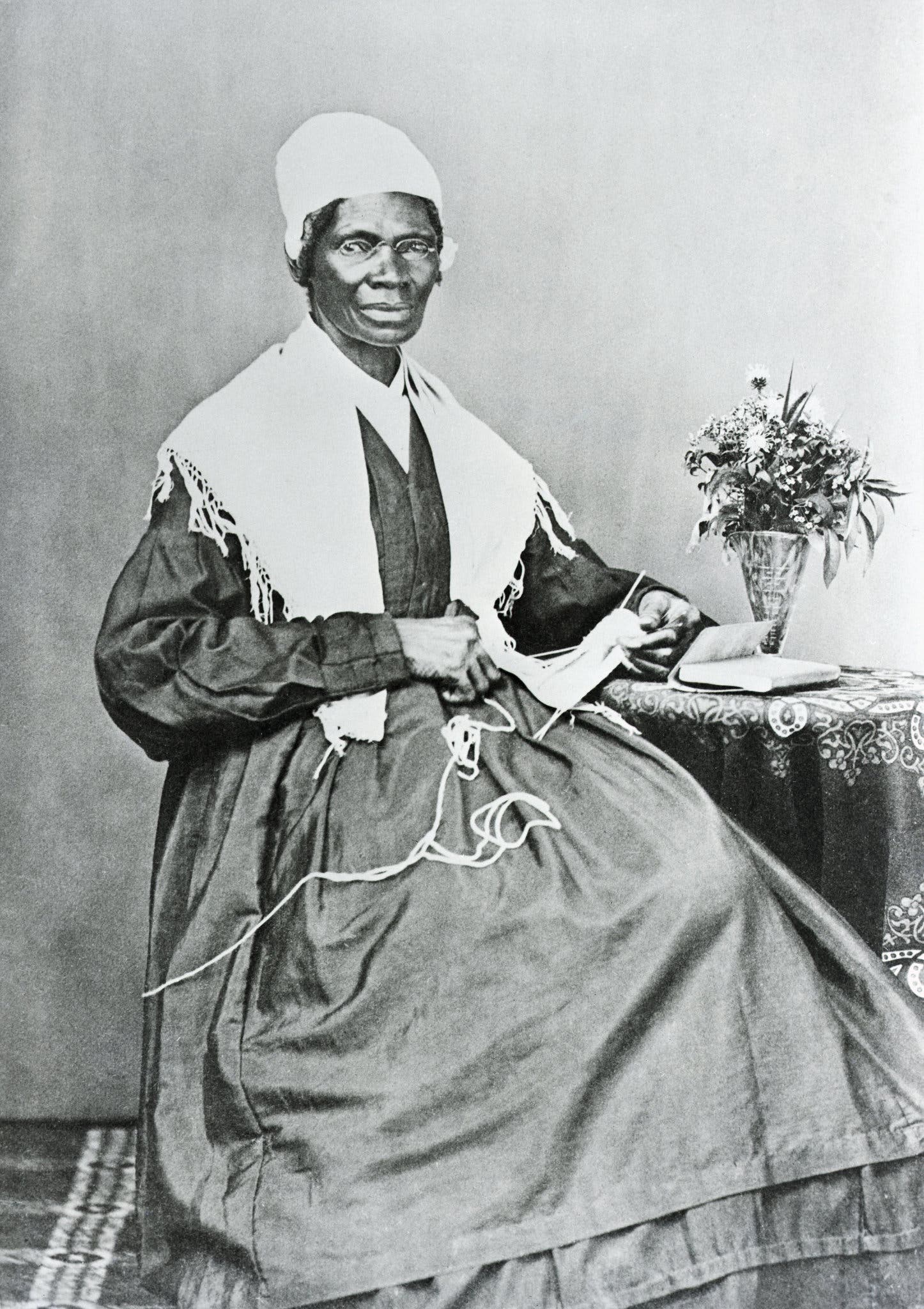CRITICAL FABULATION
Black Feminist Technoscience
and the
Design Practice
of African American Craftswomen
2023 (expected) | dissertation
Dissertation Committee |
Dr. Michael Nitsche (Georgia Tech), Advisor
Dr. Susana Morris (Georgia Tech)
Dr. Anne Sullivan (Georgia Tech)
Dr. Carl DiSalvo (Georgia Tech)
Dr. Daniela K. Rosner (University of Washington)
WORKING ABSTRACT
The history of design has been told as a single story – primarily through a white, male, colonial lens that is incomplete. It has overlooked all the people and practices that have contributed to the nature of design and more broadly, how we make with the world around us. It has also excluded such priorities and practices that are outside consumer product development and myths of individualist creativity. Instead, the single story of design has centered on notions of universalism that perpetuate bias, illusions of objectivity that reify systems of oppression, and capitalist values of expansion that harm marginalized groups of people and the planet as a whole. In an effort to question the single story of design, I begin by asking whose stories are absent?
This work centers on the experiences and making practices of African American craftswomen. I ground my personal experiences as an African American woman who is an architect, designer, and craftswoman critically in Black feminist technoscience to destabilize the versions of design that we have been taught and practiced and then question what design has been in other heritages, is in present counter-practices, and can be in futures we might imagine. In this work, I bridge Black feminist thought and feminist technoscience in order to connect its frameworks of critical theory that unpack power and liberation to work in feminist technoscience that has produced important critical scholarship on design and technology. While feminist technoscience has a long history of producing critique of design and centering on missing and marginalized histories and practices, it has not always addressed the lived experiences of women who are not white. There is still a need to center Black women’s creativity, intellectual work, knowledge building, and lived experiences in how we think through design and technology. I refer to this critical framework as Black feminist technoscience and lean on concepts such as intersectionality, erasure and coming to voice, the personal is political, and the ethics of care. A Black feminist technoscience interpretation of care can help us stay with the entanglements of labor, affection, and even justice as we look to imagine design differently. If we consider design as a matter of care how does our relationship with other people change? other species? or the planet? The underlying methodological structure of this dissertation project leans on critical fabulation as a method of writing counter-narratives (Hartman 2008) and pushing against the margins of design (Rosner 2018).
My research offers a framework for design that is grounded in Black feminist technoscience and the creative, intellectual, and lived experiences of African American craftswomen. This framework is developed and tested through an ethnographic study with African American craftswomen and a reflexive auto/ethnographic process where critical fabulations are prototyped that explore alternative design practices. The aim of this research is to offer an approach to design that moves away from existing priorities that encode bias and scale harm, and move toward Black feminist technoscience priorities that seek other futures that center on principles such as liberation, care, and healing.

